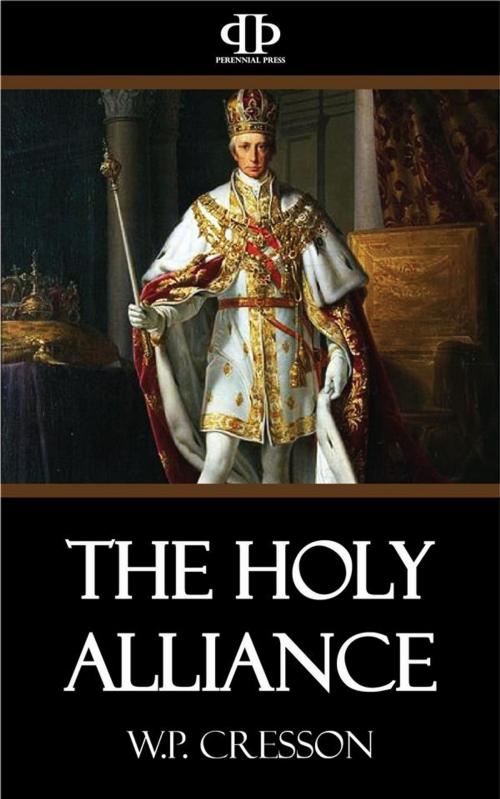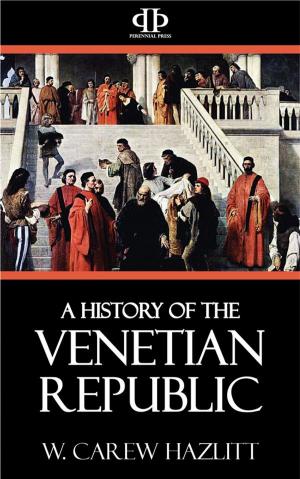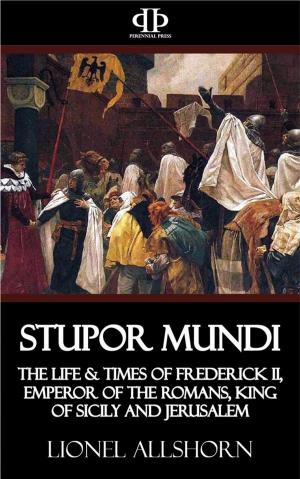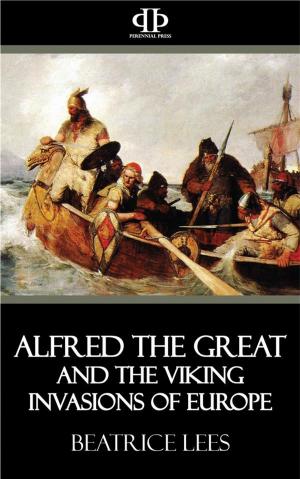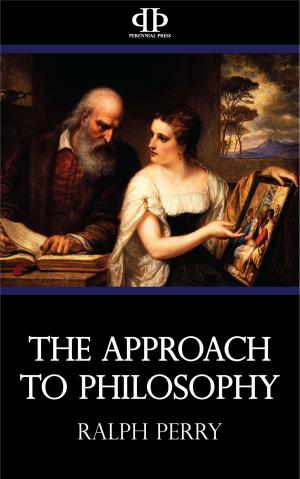The Holy Alliance
The European Background of the Monroe Doctrine
Nonfiction, History, Modern, 19th Century, Germany, Social & Cultural Studies, Political Science, Politics, History & Theory| Author: | W.P. Cresson | ISBN: | 9781518367717 |
| Publisher: | Perennial Press | Publication: | January 11, 2016 |
| Imprint: | Language: | English |
| Author: | W.P. Cresson |
| ISBN: | 9781518367717 |
| Publisher: | Perennial Press |
| Publication: | January 11, 2016 |
| Imprint: | |
| Language: | English |
The story of the attempts made by the statesmen of Europe to detach the United States from their traditional policy (notably the efforts of the Tsar idealist, Alexander I, to induce the government in Washington to accede to the pact of the Holy Alliance) forms an almost forgotten chapter of American diplomatic history.
A misunderstanding of the policies in opposition to which the Monroe Doctrine was formulated has frequently arisen from a failure to apprehend the nature of the strange pact known as the "Holy Alliance" or to establish its true relation to the series of treaties known as the "System of 1815." The latter formed the basis of the diplomatic reconstruction of Europe after the Napoleonic wars. The "Holy Alliance," or "Holy League," was, in its inception, an expression of the highly idealistic personal policy of a single powerful sovereign, the Tsar Alexander I of Russia. Of its three signers the Tsar, and the Tsar alone, affixed his seal without mental reservations concerning the principles it invoked. The System of 1815 resulted from a long series of debated agreements, beginning with the politico-military pacts of Toeplitz, Reichenbach and Chaumont, continued by the two Treaties of Paris and the Acts of the Congress of Vienna. The Tsar's "League of Peace" was suddenly imposed upon his allies at a time when the prestige of his military power was essential to their cause; when to do otherwise than humor his doctrinaire theories of international solidarity might have resulted in a serious breach in the ranks of the Grand Alliance.
The story of the attempts made by the statesmen of Europe to detach the United States from their traditional policy (notably the efforts of the Tsar idealist, Alexander I, to induce the government in Washington to accede to the pact of the Holy Alliance) forms an almost forgotten chapter of American diplomatic history.
A misunderstanding of the policies in opposition to which the Monroe Doctrine was formulated has frequently arisen from a failure to apprehend the nature of the strange pact known as the "Holy Alliance" or to establish its true relation to the series of treaties known as the "System of 1815." The latter formed the basis of the diplomatic reconstruction of Europe after the Napoleonic wars. The "Holy Alliance," or "Holy League," was, in its inception, an expression of the highly idealistic personal policy of a single powerful sovereign, the Tsar Alexander I of Russia. Of its three signers the Tsar, and the Tsar alone, affixed his seal without mental reservations concerning the principles it invoked. The System of 1815 resulted from a long series of debated agreements, beginning with the politico-military pacts of Toeplitz, Reichenbach and Chaumont, continued by the two Treaties of Paris and the Acts of the Congress of Vienna. The Tsar's "League of Peace" was suddenly imposed upon his allies at a time when the prestige of his military power was essential to their cause; when to do otherwise than humor his doctrinaire theories of international solidarity might have resulted in a serious breach in the ranks of the Grand Alliance.
